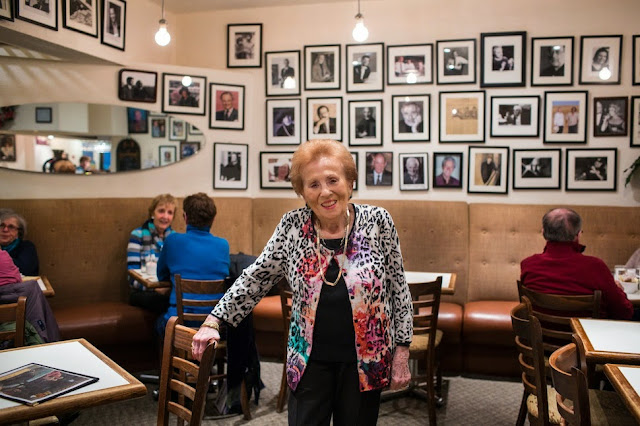London Food Truck Pilot Reignites Debate
London Food Truck Pilot Reignites Debate
The London Food Truck Pilot reignited debate and Community and Protective Services Committee voted
5-0 to refer the food truck pilot proposal back to a special meeting before council
next week. The issue has been debated across the city since last spring. Among
the more disappointing proposals was a recommended cap of 12 trucks and a
lottery for licences. Many councilors remained hesitant about the pilot program going forward as written. The entrepreneurial spirit of food trucks and the importance of diversifying our street food culture seems totally lost on most of the Council.
Last year London City Council agreed to get public feedback
on a proposed program to allow food trucks. The proposal worked its way between city departments for
months and has been refined and revised along the way to avoid the bureaucratic
red tape that plagued Toronto’s food truck initiative. The City agreed to liberalize
their initial food truck plan, and is proposing a much less restrictive version
that seemingly balances the interests of stakeholders. As of this writing it is expected that a new food truck
licence will cost a vendor $1,225.00.
Initially, the City Policy Coordinator stated that an
impartial food truck advisory review panel made up of local food industry
experts was expected to provide knowledgeable opinion and recommendations
regarding food truck strategy in London. In addition, the panel was anticipated
to be charged with encouraging culturally diverse and original menu offerings,
and endorsing the promotion of healthy eating. But the latest report that went
to politicians stated that menu-vetting (read micro-managing) is too complicated to be part of
London’s food-truck plan.
Under the new proposal, City staff will be able to designate
locations based on such things as proximity to restaurants, schools and
neighbourhoods. There will a 25-metre buffer zone separating food trucks
from existing restaurants. Food trucks will also be required to keep their
distance 100 metres from schools, and vendors will be required to keep a log of their
whereabouts. Food trucks will be
required to close for business between 3 a.m. and 7 a.m. Food trucks are subject to standardized
health and safety regulations and inspections.
The proposed food truck by-law amendments appeared to provide
reasonable recommendations and safeguards making the pilot much more accessible
to entrepreneurs. However, it is still too early to try to define what the food
truck streetscape will look like and if there will be any significant changes to the
pilot proposal.




Comments
Post a Comment